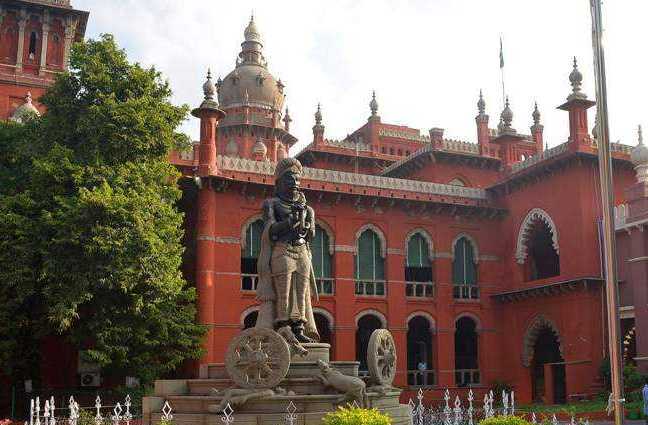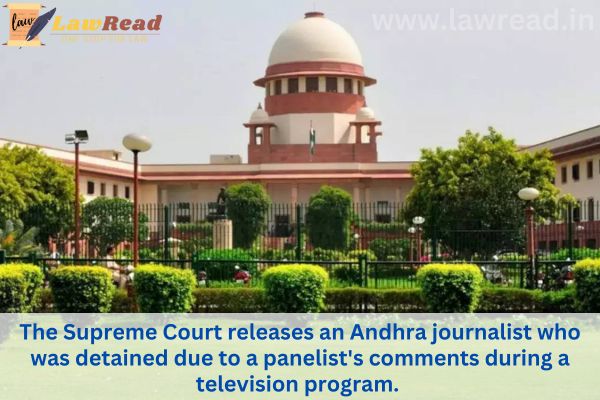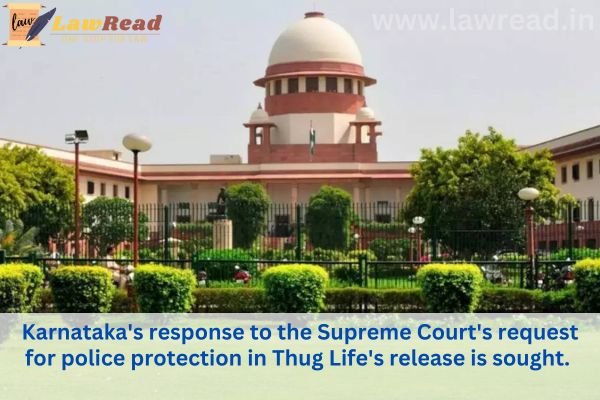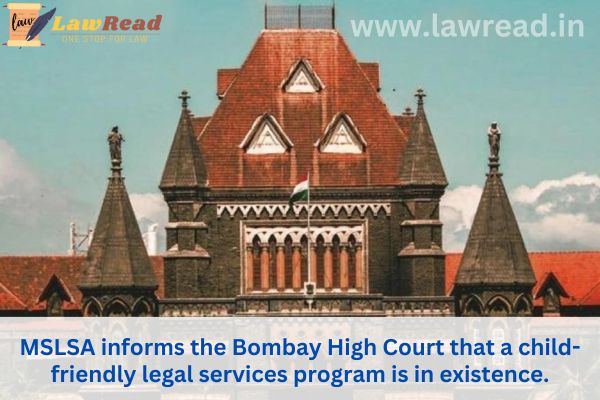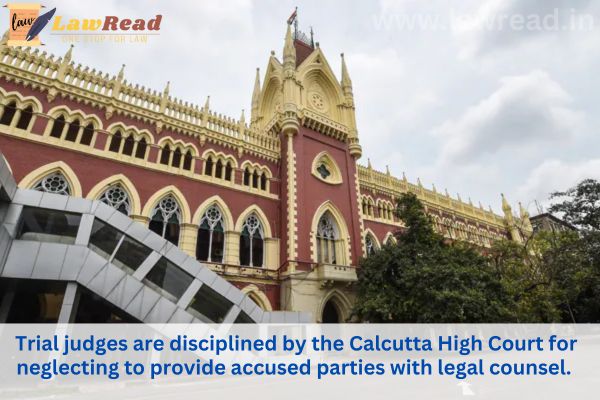News
In cases involving custody disputes, children shouldn't be made to appear in court: High Court of Kerala
Family courts were instructed by the Court to make sure that a child's physical presence is only requested in the most dire circumstances.
.jpg)
Recently, the Kerala High Court advised judges to use caution when summoning youngsters in instances involving parental custody disputes.
Judges Devan Ramachandran and MB Snehalatha's Division Bench emphasized the emotional toll that court appearances may have on kids, who frequently feel like they are being exploited as tools to settle arguments between parents.
"Our experience has shown that children are unwilling to go to Courts, or to be taken there under orders; and many of them have told us, in unequivocal expression of angst, that they feel that they are being paraded as articles, rather than as humans," the Court said.
As a result, the Court instructed family courts to make sure that, unless it is absolutely necessary, children are not required to be physically present on court property.
The Court recommended using video conference tools if the youngster needed to be heard, but it also stated that the conversation should be polite, quick, and structured to prevent any discomfort.
The Court further emphasized that children must be treated with respect, given privacy, and not made to wait for extended periods of time if they are brought before the court.
Therefore, we mandate that the presence of children in court halls and public areas of the court premises—even for the purpose of counseling or other statutory proceedings—be restricted and handled extremely carefully, unless there are extraordinary and unavoidable circumstances. Even in situations where children are requested to be produced, every effort should be made to guarantee that they receive the utmost respect and privacy that any child would need. They should also be given preference, contingent on the court's workload, rather than being forced to wait endlessly for the proceedings to conclude," the court ruled.
The High Court also issued a warning against holding custody exchanges on court property on a frequent basis. Unless there are compelling grounds to do otherwise, the Bench stated that such exchanges should take place at neutral venues with both parents' consent.
"When it comes to the place of exchange of the child for interim or final custody, we order that the use of the Court premises – which we understand, is essentially to enter such appearance in the registers maintained by it - be avoided, unless exceptional reason is recorded; and a neutral place be thought of – preferably as per consent of parties - since this will, to a large extent, reduce the strain of the children and their fear, which they unfortunately endure on account of being forced to submit themselves to processes, over which they have no control on and which they did not seek,"
the Court wrote in its ruling.
The Court argued that the long-term psychological effects on children who observe parental dispute make these guidelines essential.
It has been demonstrated that children who witness animosity between their parents will be less satisfied with their own relationships in the future; some will have unfavorable opinions about marriage, family structures, and relationships in general. It is also commonly known that younger children who have experienced a lot of parental conflict are less capable of problem-solving, navigating relationships with others, and experiencing higher levels of social anxiety. According to the Court, they are also known to have a greater fear of rejection and abandonment, which can result in characteristics of personality disorder and complex trauma.
A custody dispute between a 9-year-old boy's mother and her estranged husband was the subject of the observations.
On the basis of mutual consent, a family court had originally given the mother permanent possession.
Later on, though, the family court changed this and the arrangement was flipped, giving the father custody while the mother only received temporary custody for a few days.
The mother then filed the current appeal against the family court order in the High Court.
She argued that the child suffered from severe trauma as a result of the family court order, which was unworkable and against the child's preferences. The child refuses to accompany the father, she insisted.
But according to the father's attorney, the child's aversion resulted from receiving tutoring from the mother.
When analyzing the case, the High Court concentrated on the child's courtroom experience and was not persuaded by the father's arguments.
It stated that in spite of attempts to help the boy and his father communicate, the boy clung to his mother, sobbed uncontrollably, and made it clear to the judges that he detested being called before the court.
"The boy seems to be more scared and distressed because he has been caught in the middle and has occasionally had to appear in court, rather than because of the arguments between his parents. He clearly detests this, telling us explicitly that he feels branded and dehumanized, being displayed in public as a virtual property of his parents' arguments. The court noted in the ruling that he told us as he was leaving that he would never again appear in court, even if summoned, and that he felt disappointed by the judicial system, which is supposed to defend and assist him, in treating him in this way.
The child's Attention Deficit Hyperactivity Disorder (ADHD) was noted with worry, and it was noted that his suffering increased with each court visit.
The child's faith was further eroded when the Court noted that a prior promise made by a different bench of the Court that he would not be called to court again had been breached.
In the end, the mother's appeal was granted by the court, which reinstated the first custody arrangement.
In order to prevent the kid from experiencing more pain, it also mandated that custody swaps take place at Mahatma Mandiram rather than the Munsiff Court in Kannur.
In light of the emotional suffering observed in the children it has dealt with in a number of these situations, the Bench gave family courts general instructions to abstain from requesting the child's physical presence unless it is absolutely required.
The mother was represented by lawyers D Arun Bose, K Viswan, and PS Pooja, while the father was represented by advocates VA Hakeem, Habnam Hakeem, Sivalakshmi K, Alka Maria Martin, and Rahul O.

